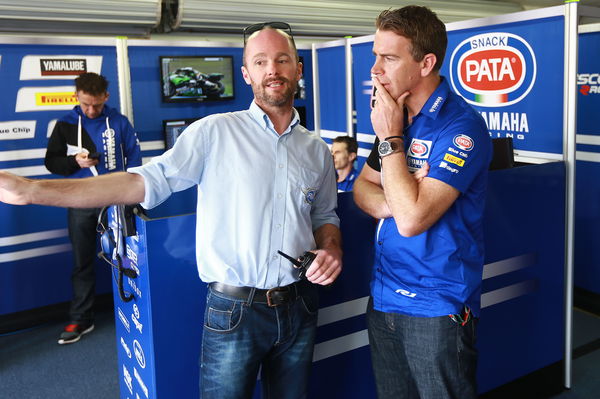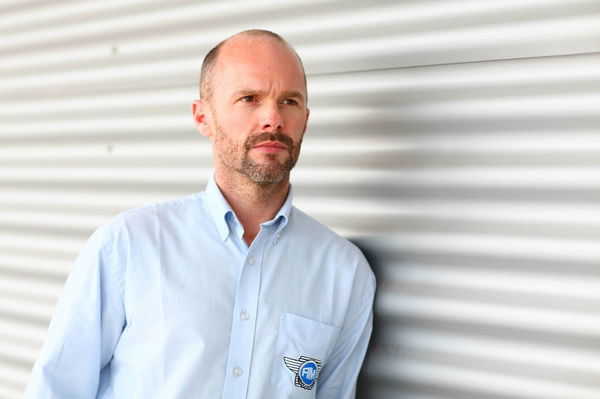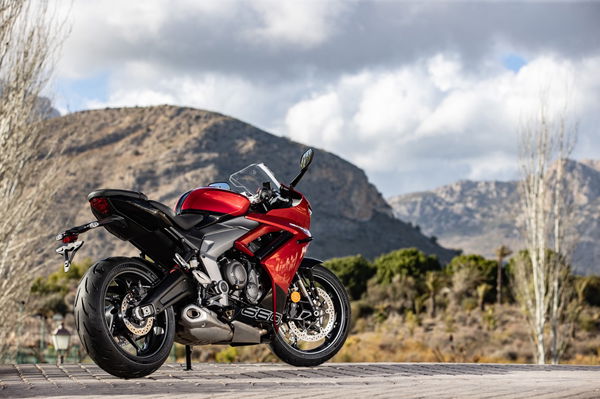EXCLUSIVE: Scott Smart (WorldSBK technical director) Interview Part 2
World Superbike technical director Scott Smart on the Jonathan Rea factor, the shaken-up race weekend format and changes at Honda

World Superbike technical director Scott Smart has his say on the Jonathan Rea factor, the pros and cons of the shaken-up race weekend format and the changes at Honda.
Smart, nephew of the legendary Barry Sheene, oversees the technical rules and developments in World Superbikes as representative for the FIM. While his role gives him intimate technical knowledge of all World Superbike machines, he provides his take on the current rules and what can be done in the future to improve the spectacle.
Find Part 1 of the exclusive Scott Smart interview here
Crash.net:
You mention 240bhp, is that what the top bikes are making?
Scott Smart:
The top bikes are probably in the 230 range, they were 240 before we reduced the technical level a bit but they’re now creeping back up again.
Crash.net:
Just to make it clear, how much of the engine internal can you now change?
Scott Smart:
It’s actually quite limited now as things become more standard. You can change the camshaft, a few bits and pieces in the valve train. You can also port the cylinder head and that’s pretty much it with the exception that the gearbox is more or less free. You can’t use non-standard conrods and pistons like you could before.
Crash.net:
Do you think that too much panic change is being initiated by Johnny Rea’s dominance?
Scott Smart:
The changes have not been made because of that. It was important to make the high-tech parts available and affordable for the private teams so that for example a private Kawasaki teams could use the kind of parts that Johnny was using so successfully.
It means that the rider sitting on the grid knows that they have a high level of equipment under them which helps with their motivation. It’s hard to be fully motivated if you know you can’t win.
It was really important to spread the equipment down the grid. In MotoGP, the manufacturers have to provide full bikes whereas here it is more about components. The electronics, suspension, brakes and engine components will be the same all the way down the grid. They won’t have the same rider, budget or technicians but they’ll be close.
On top of that, these kind of changes have made the bikes around 20 or 30 percent cheaper which is important at a time when budgets are so tight.
Crash.net:
I have to declare an interest in the next question in that I’m finding it difficult to get on with the two race day format, did you have any influence in that decision?
Scott Smart:
That’s very much a promoter decision.
Crash.net:
But do you like it?
Scott Smart:
Again it’s a real pros and cons thing.
When I was a rider I did enjoy the big build up on Sunday for the two races and from a technical overseeing point of view having the two on the Sunday helped because of the time you had on a Saturday to deal with problems.
It also varies according to the country where some tend to come for the whole weekend whereas others prefer just coming for the one day.
With Superstock going there were arguments for so many weekend layouts but the manufacturers are also behind this one and I’m excited to see how it goes.
Crash.net:
One of the factors which makes MotoGP such an entertaining series is how the tyres last and how riders initially conserve tyres, could we look to tyres to help the spectacle in WorldSBK?
Follow Page 2 for the rest of Part 2 of the Scott Smart Interview...











